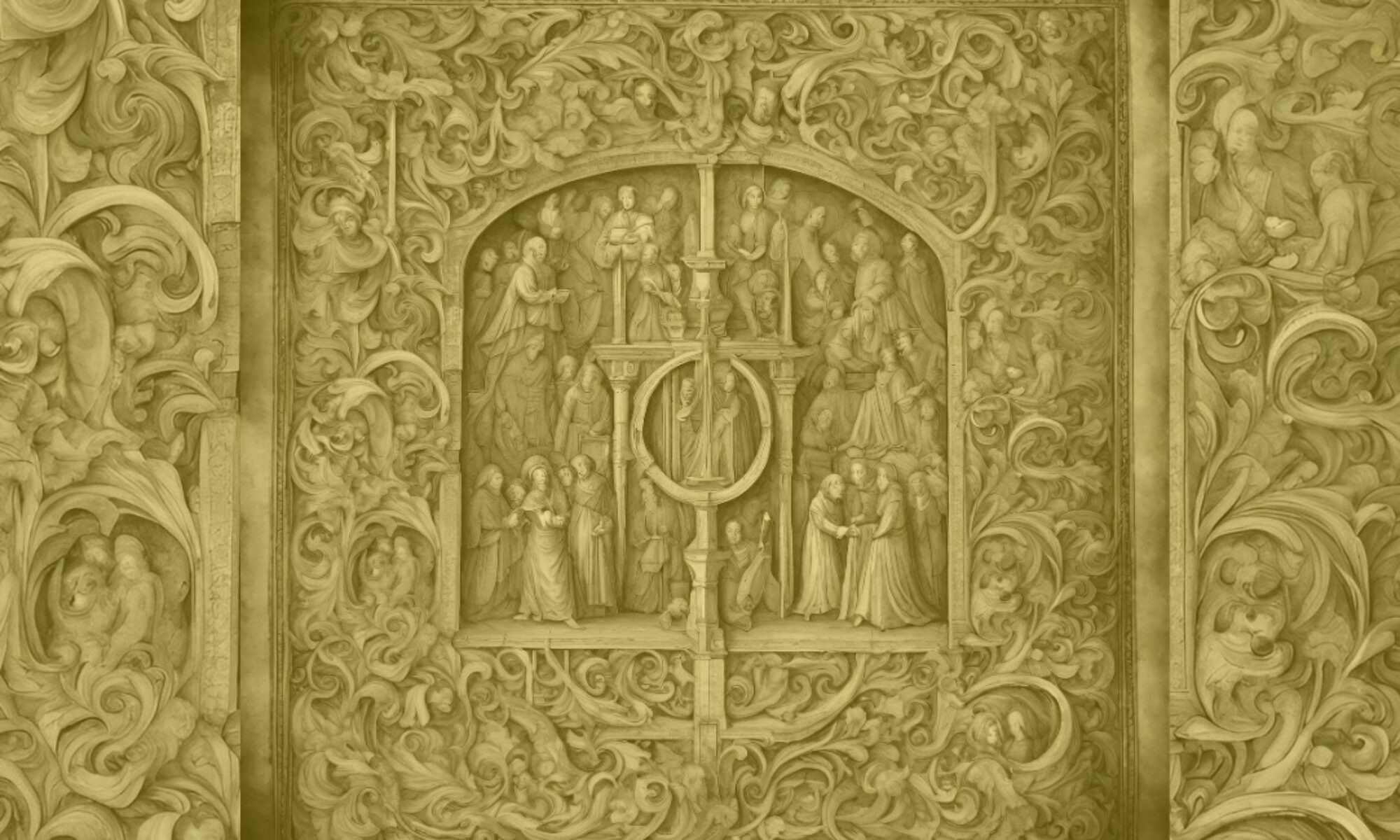Maggie’s talk is called “The Inner Light”: The Alienation and Re-Membering of soma in Star Trek: The Next Generation

This paper will discuss the idea of soma, the appeal of Star Trek, and how in both the television series and films, soma has been alienated — designated to be illustrated in non-human characters. It will then use the episode from Star Trek: The Next Generation, “The Inner Light,” to examine how soma has been dismembered from the ideals of Starfleet, but how it can also be re-membered. In this episode, Captain Jean-Luc Picard is sent to live out a lifetime in a now extinct culture that died when it became too hot for life to exist. That culture’s idea to preserve its existence was to send a probe into space in order to find a teacher to tell others about their civilization. Reflecting that sentiment, this paper will discuss the importance of myth and depth psychology – including soma, and how Star Trek reflects our culture in all its imperfections.
About Maggie
Margaret (Maggie) Mendenhall, PhD, currently resides in Long Beach, California and is a graduate of Pacifica Graduate Institute’s Mythological Studies program. She is also currently a student in Pacifica’s Depth Psychology program, specializing in Jungian and Archetypal Studies. Margaret has presented papers on Star Trek-related topics at various conferences, including past Mythologiums; the Science Fictions, Popular Culture Academic Conference; the Association for the Study of Women and Mythology (ASWM); and Popular Culture Association/American Culture Association (PCA), for which she also serves as Area Chair for Psychology and Popular Culture. She writes a blog, My Daily Soul Trek, analyzing each Star Trek episode and film from the beginning in chronological order through a depth psychological perspective. She has written, performed, and produced two myth-based one-woman shows: Dancing to the Edge of a Cliff: A Mythical Journey Toward Wholeness, and Soul Trek: My Sci-Fi Journey Toward Wholeness, and produced and hosted the public access television series Myth Is All Around Us.









